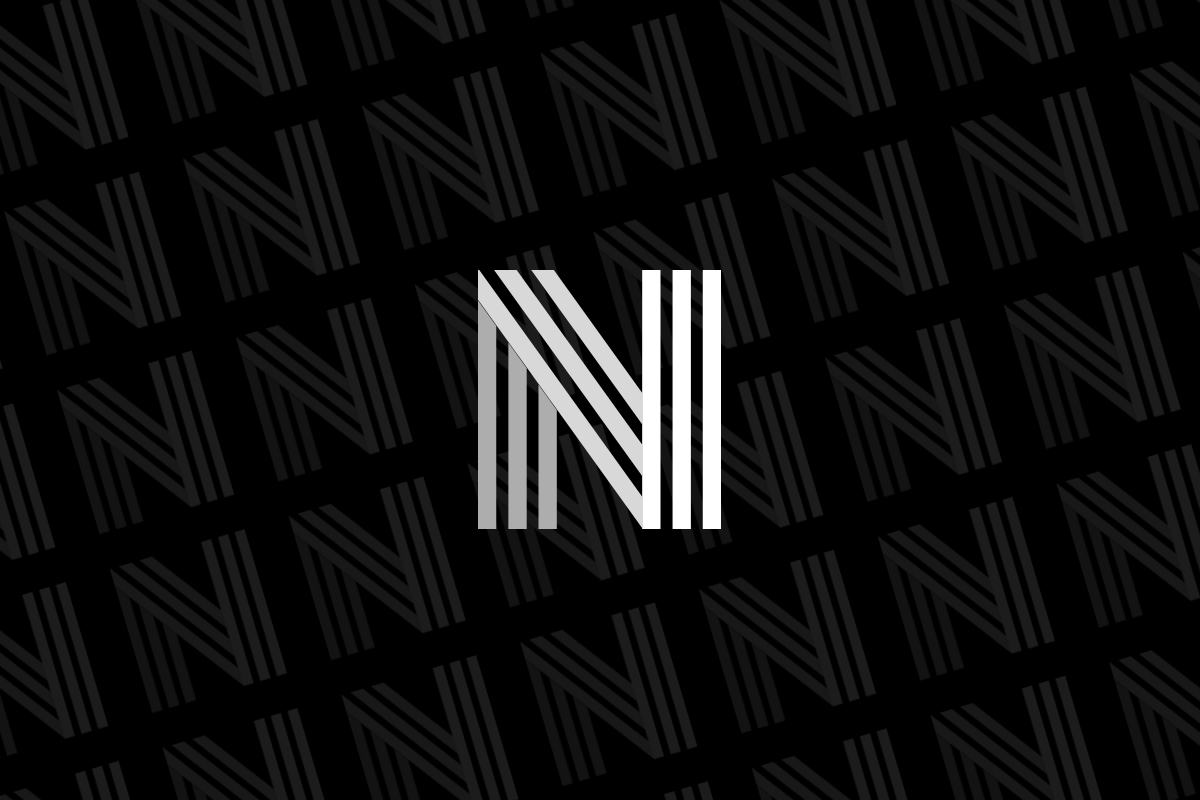For the past four years, TikTok has been facing an existential crisis: It’s under threat of being banned in the United States.
But the video app’s fate may soon be decided. On Friday, the Supreme Court will hear arguments from TikTok’s lawyers and the Justice Department.
At stake are the app’s estimated 170 million users in the U.S., the future of a multibillion-dollar social media wunderkind, and the clash of free expression in the digital age with the threat China poses to the nation’s security.
Here is a breakdown of what to expect.
In a case titled TikTok v. Merrick Garland, the app’s legal team and lawyers from the Justice Department will argue before the Supreme Court in an emergency hearing. TikTok is expected to argue that a Biden administration law banning the app is unconstitutional because it undercuts the free speech of the millions of Americans who use it. The Justice Department is expected to argue that the app poses a national security risk because it could be used by a foreign adversary to manipulate or gather data on Americans.
The oral arguments, which could run up to two hours, are slated to begin at 10 a.m. ET and will be streamed online by the court.
A decision in the case is not expected on Friday.
It could. A law passed by Congress and signed by President Biden in April set a Jan. 19 deadline for TikTok’s China-based owner, ByteDance, to sell off its U.S. operation, or the app would be banned nationwide.
Legal experts say it is possible the court could delay the Jan. 19 start date of the law to give the justices time to deliberate and reach a decision.
If the Supreme Court agrees with the lower federal appeals court that upheld the law last month, the process of TikTok being shut down in the U.S. could begin.
If the justices strike down the law as unconstitutional, the Jan. 19 deadline disappears, and it will be business as usual for the hit video app.
Other middle-ground rulings are also possible. For instance, the Supreme Court could quibble with how the lower court reached its decision upholding the law and order the court to revise its opinion.
The Justice Department says TikTok being owned by a China-based company means the data and opinions of U.S. citizens could be covertly manipulated by Beijing.
Consequently, Justice Department lawyers argue the divest-or-ban law is justified on national security grounds.
But TikTok says it is being unfairly singled out, contending that its data collection practices and algorithm are not dissimilar from those of leading U.S. social media apps. TikTok’s legal team argues that forcing the company to close up shop in the U.S. represents an unprecedented government suppression of free speech.
The lower court’s ruling that upheld the law agreed that it has implications for the First Amendment’s free expression protections. But, in a twist, that opinion held that blocking China from potentially being able to censor Americans’ speech was upholding the spirit of the First Amendment.
President-elect Donald Trump made his TikTok position official recently by filing an amicus brief with the Supreme Court, calling on the justices to delay any ruling until he enters office and can help negotiate a solution. Trump is optimistic he can lean into his deal-making skills and cut an agreement that would lead to TikTok’s U.S. enterprise being purchased by an American company or group of investors.
While he is the incoming president, Trump wrote his December brief as a private citizen. At the time, he did not hold any executive powers and he cited no legal authority in making his request.
Many legal observers do not believe Trump’s brief will influence the court’s ultimate decision.
Now, if the court overturns the law, there is not much left for Trump to do. On the other hand, if the high court upholds the law, Trump has a number of options, including instructing his administration to not enforce it while he works on a deal.
Trump, who tried to ban TikTok in his first term, now says he wants to be its savior. He has attributed this reversal to TikTok helping to supercharge his presidential campaign among a younger audience.
But other TikTok watchers have wondered whether billionaire Jeff Yass’ newfound closeness to Trump is perhaps playing a role. Yass’ company, Susquehanna International Group, owns a sizable stake of TikTok’s owner, ByteDance.
Trump backing TikTok is something of a maverick position in Washington. The law banning the app was passed with bipartisan support in Congress. The intelligence community during both the Trump and Biden administrations deemed TikTok a cyberthreat to the United States. And most national security experts agree that TikTok’s ties to China are worrisome.
For years, China has said TikTok is not for sale, and it has publicly maintained that position.
Yet some analysts say it is possible that China will agree to the sale of TikTok’s U.S. business if the country can get something out of it, like trade concessions from the incoming Trump administration.
While such horse-trading remains speculative, national security experts in touch with Chinese regulators have told NPR that Chinese officials appear to be warming up to this possibility.
Many videos have gone viral on TikTok promoting the use of a virtual private network (VPN), which allows users to circumvent a potential ban.
Other creators on the app are urging TikTokers to double down on competing video services, like YouTube’s Shorts and Instagram’s Reels, as a hedge against TikTok cratering in the United States.
Source: www.npr.org
